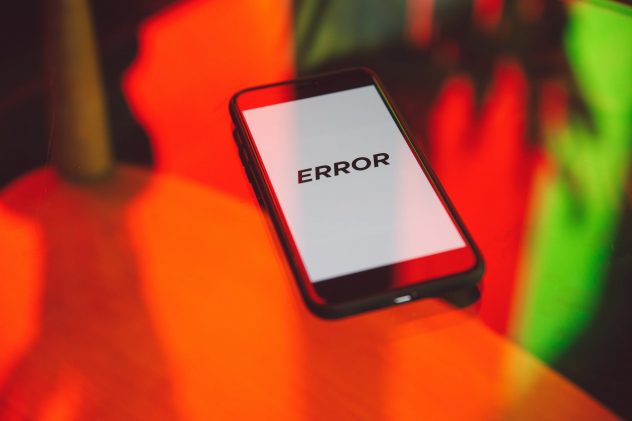- July 30, 2021
- Innomax
- 0
If you have a mobile app, you can’t afford to have a mobile app that crashes. That’s a deal-breaker.
If you get a ton of downloads and then people open your app and it crashes, they’re going to delete it. They’re not going to use it.

When an app crashes, the user is going to be confused and annoyed. If they don’t understand why the app crashed, they may try to uninstall it or hit the “Report Bug” button, which is kind of like telling you that your app sucks.
If you’re not testing your app and making sure it doesn’t crash, then you’re going to have a really hard time building a successful business.
It’s not enough to just test your app once and assume that it’s not going to crash.
In this blog post, we have shared 6 common reasons why mobile applications crash.
#1 Poor memory usage
One of the main reasons why apps crash on mobile is because of poor memory usage.
Poor memory usage can be caused by a lot of different things but mainly, it’s caused by an app not being optimized for the device it’s running on.
Mobile devices have less memory than desktop computers, so mobile apps have to be written to be more efficient. This means using less memory and resources in order to make the app run smoothly.
Mobile app crashes often occur because poor memory usage can cause a mobile app to crash.
There are certain things that can cause an app to crash. One is memory issues. If insufficient memory is available to an app, then it will crash.
Poor memory usage is one of the most common reasons for app crashes, so it’s important to keep an eye on memory usage.
If it looks like your app is running low on memory, you can force the system to perform a garbage collection.
#2 Fatal errors
Fatal errors can cause a mobile app to crash and force users to uninstall it. This is especially dangerous in the early days of an app’s release when it is trying to build an audience.
It is important to make sure that the app is thoroughly tested before it is released.
If you are building a mobile app, there are some fatal errors your app developer needs to avoid.
One of such fatal errors is a common one called “null pointers”, which is when a variable is set to nothing.
This prevents the app from being able to function properly.
A similar error is when a variable is set to a null object.
#3 Device incompatibility
If your app is crashing, there’s a good chance it’s device incompatibility.
Make sure that you’re testing your app across multiple devices and multiple devices of each type. It’s also a good idea to test it across multiple operating systems.
When your app builder writes an Android app, they have to build it in such a way that it can be compatible with multiple versions of Android.
But what happens if your app is dependent on a certain version of Android which is not present on the user’s device? Well, it crashes. Therefore, your Android developer or iOS developer needs to make sure that your application runs on all the devices.
#4 Inadequate testing
Your app is only as good as its testing process. The best app in the world with a terrible testing process will crash and burn. Don’t underestimate the importance of testing.
Testing a mobile app is crucial and is one of the most important aspects of app development.
Your mobile app developer can easily test your app for crashes by using a service like Crashlytics, which will help you find bugs and fix them before you release them.
Remember, early testing is crucial because if you have a bug in your mobile app, people will be able to tell you about it immediately.
#5 Excessive codes
Unnecessary codes can cause your mobile app to crash, especially if you’re using a lot of third-party libraries.
When you’re building a mobile app, make sure your app developer is only using the programming languages and libraries that your application actually needs.
If your mobile app maker can make your app with as few lines of code as possible, do that.
While the mobile apps market has exploded over the last few years, not all apps are created equal.
In fact, some apps are very badly coded and can cause the mobile device to crash or even freeze.
#6 Exceptional handling
One of the most important parts of testing your app is checking for exceptions.
Exceptions occur when you come across problems and errors while using your app.
These can include everything from a user trying to access a feature they don’t have access to, to an issue with your database.
If you’re building a mobile app that interacts with a web API, it’s important to handle errors and exceptions properly because if your app crashes and leaves the user in an undefined state on their phone, they may never open it again.






